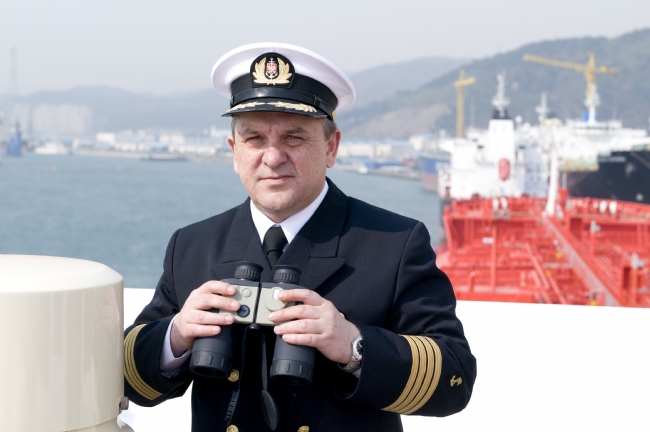Changing Course
Share this blog
Latest Maritime Vacancies
Business Development – Shipmanagement – Dubai
Office Manager – London
Shipping Paralegal – London
Shipping Manager – Singapore
Office Administrator – London
Project Ulysses – horses for courses 1

The Merchant Navy Training Board, along with the Marine Society, Maritime London, Nautilus International and Trinity House have sponsored a report, under the working title “Project Ulysses”, to further Recommendation 8 of the Mountevans’ Report – The Maritime Growth Study.
The research was designed to gain an insight into the views of UK maritime employers as to what education, training and skills would help British seafarers become attractive to (and best prepared for working with) those employers.
This October, I gave a speech at the first ‘Ship to Shore’ meeting at Trinity House, which I’m sharing with you today.
“34 years ago Spinnaker's former chairman and the man who I regard as my mentor, Michael Grey, wrote this book ‘Changing Course – a second career for the Seafarer within the marine industry’. In the preface to that book, Michael stated that the average seafarer stays at sea for only seven years.
In a survey conducted by the HR consulting division of Spinnaker Global a couple of years ago, we discovered that 25% of the former seafarers surveyed came ashore with 11-15 years of sea service and another 25% with 16-20 years.
There are five recommendations made in the Ulysses report; I will focus on the two key findings. The most significant was identified as being that more needs to be done to help seafarers find out about shoreside opportunities. The other was that mariners should be encouraged to better prepare themselves for working ashore.
Michael’s book was an attempt to help seafarers to do both. 15 years ago Michael and I attempted to update his book and take it online as an industry resource. Our efforts were frustrated by what we saw at the time as petty concerns about bye-laws and constituencies and protection of their own pitches on the part of the industry bodies that we gathered together.
We are here today talking about British seafarers and UK maritime employers. The Internet by its proper name is the world wide web. We must accept that any resources that we put online will be used by and of use to seafarers from other nations as well as to British seafarers. The world has moved on somewhat from the early days of the Internet but I can assure you that this particular issue caused considerable consternation in terms of the bye-laws, charitable objectives and trust deeds of those we engaged with 15 years ago.
I employ 40 people who spend all day every day either handling vacancies for shipowners, ship managers, legal and insurance employers, oil companies, maritime consultancies, banks, equipment manufacturers and so on, or advising those same employers on salary benchmarking, leadership and management development and their HR strategies. Believe me when I tell you that seafarers are woefully ill-informed about the exciting range of options available to them and often sadly MISinformed by genuinely well-meaning people about what jobs are available to them with various types and amounts of experience. In the UK market at least, it is – for example – too late for a 40 year old master mariner to become a shipbroker.
There is career advice out there but it is – as was noted by one respondent – fragmented. It would take a pretty tenacious and patient individual to find their way to and around the wide variety of sources of information out there. We need a hub. At the moment, the incomplete spokes are like a randomly dropped pile of sticks…"
Catch up with the second half of Phil's Project Ulysses speech here.